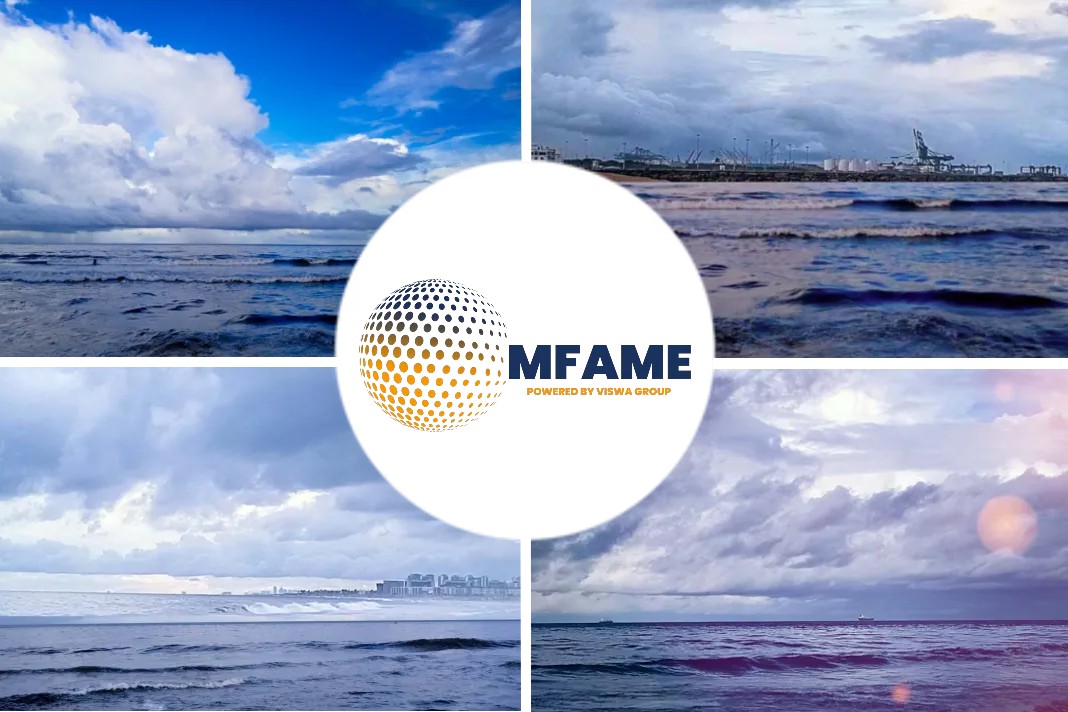
The United States has taken a significant step to curb Russia’s petroleum exports by imposing sanctions on foreign tanker owners involved in violating Russian oil price caps. This newsletter explores the implications and responses to these sanctions, as reported by spglobal.
- The US sanctions foreign tanker owners for breaching Russian oil price caps, targeting non-G7 firms facilitating seaborne crude exports.
- Sanctions signal potential consequences for violators, prompting increased due diligence in the maritime industry.
- New advisory guidelines are issued to enhance compliance and reduce risks in the oil shipping sector.
Introduction
In a significant move to limit Russia’s petroleum exports, the US, along with its G7 allies, has taken measures to clamp down on foreign tanker owners involved in breaching the Russian oil price cap. These sanctions target non-G7 firms using Western marine services to facilitate seaborne Russian crude exports above the established price cap.
Sanctions and Their Impact
Since December 5, the G7 and its allies have imposed a ban on service providers within their jurisdictions from facilitating seaborne Russian crude exports that exceed the price cap of $60 per barrel. Similar restrictions were also placed on Russian oil products starting February 5, each with different price thresholds.
US Sanctions Targets
In a notable development, the US Treasury sanctioned two companies: UAE-based Lumber Marine SA and Turkey-based Ice Pearl Navigation, for owning tankers that transported Russian crude above the price cap using US services. The US also targeted specific tankers – Lumber Marine’s Suezmax tanker SCF Primorye and Pearl Navigation’s Aframax Yasa Golden Bosphorus – for violating the price cap.
Implications and Industry Response
These sanctions represent a notable escalation in efforts to enforce price caps on Russian oil exports. Analysts view the sanctions as a “shot across the bow” to the maritime industry, signaling potential consequences for those facilitating such violations. While the SCF Primorye’s sanctions are considered a token gesture due to its Russian state-owned carrier connections, the Yasa Golden Bosphorus’s sanctions are seen as a warning to owners with large fleets involved in hauling Russian cargoes above the price cap. The Golden Bosphorus’s manager, Yasa Tanker Management, asserts they conducted due diligence properly and denies any wrongdoing. The broader maritime industry is now under increased scrutiny to ensure compliance with these sanctions. The International Group of P&I Clubs, which provides marine protection and indemnity insurance, has been approached for action, emphasizing the importance of compliance and due diligence in the shipping sector.
Did you subscribe to our daily newsletter?
It’s Free! Click here to Subscribe!
Source:spglobal

























